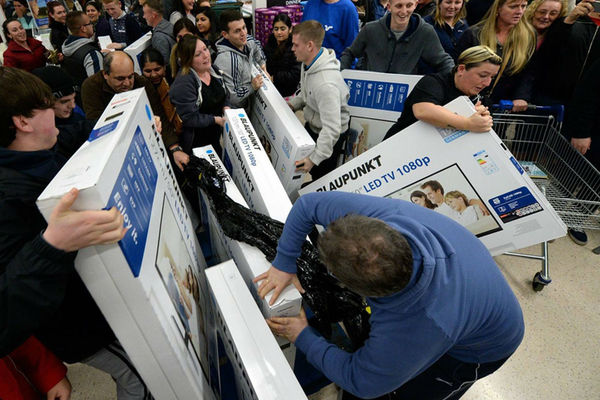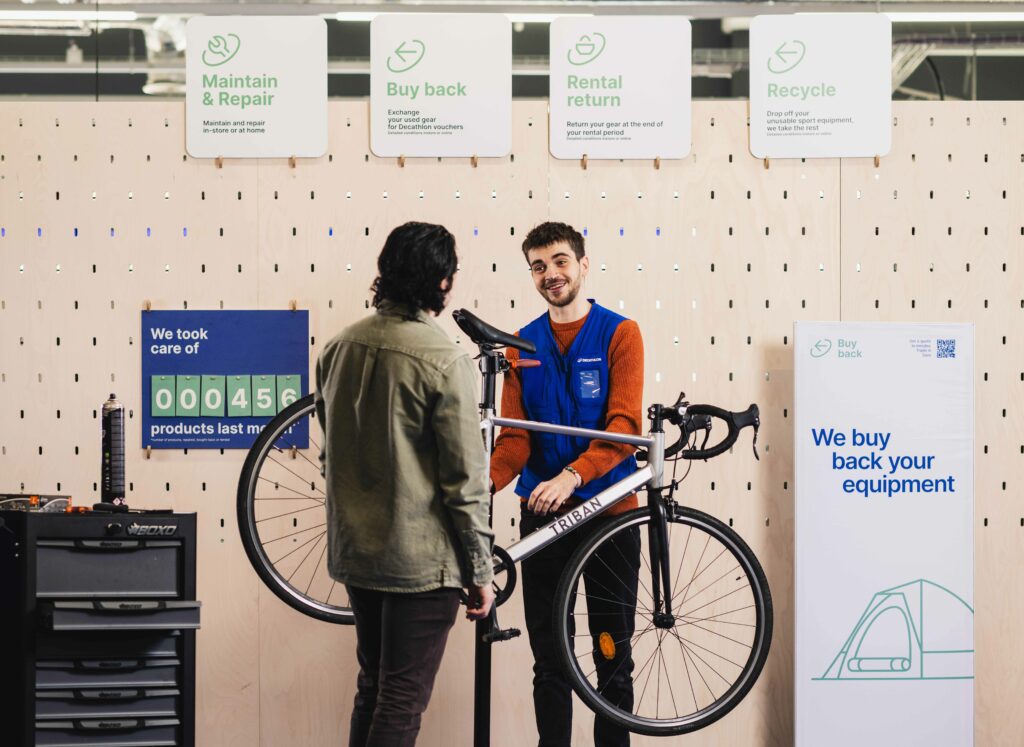In just three years, Black Friday has transformed the pre-Christmas shopping landscape in the UK.
It has embedded itself in the promotional calendar, as well as the psyche of consumers, eclipsing traditional seasonal sales at Easter, post-Christmas and in the summer. No other promotional vehicle has altered buying behaviour in the same way, nor so fundamentally challenged every strand of their business strategies, including marketing, technology and logistics.
As owner of Quidco, the UK‘s largest cashback and rewards site, we have been tracking Black Friday trends ever since Walmart-owned Asda introduced the promotion to UK shores in 2013. Generating 1.2 per cent of all online transactions in the UK, we‘re able to track and model customer behaviour across all the major retail categories.
Here are the five shifts we‘ve seen in the retail landscape:
Black Friday has fundamentally changed customer behaviour
Black Friday is a juggernaut, with UK online sales worth £1.1 billion in 2015 (up 35 per cent year-on-year) while Cyber Weekend was worth over £3 billion.
The challenge is that customers are planning purchases in advance and willing to keep their powder dry in the hope of sealing a great deal, which is generating a pre-sales lull.
To compete with this, more retailers are discounting earlier. The result? We now have a four to six week trading period. More Cyber Month than Cyber Weekend.
READ MORE: The pitfalls and potential of Black Friday
Retailers that fail to participate can potentially lose out
Consumers now expect deals ahead of and during this weekend – this has been the core selling point since 2013.
Failing to discount accordingly can see retailers lose their competitive edge – we saw most sectors offering discounts between 10 to 20 per cent in 2015.
Furthermore, much of the spend is bought forward from the Christmas wallet so retailers who are not discounting at this point might expect to secure less of the overall Christmas spend.
Black Friday participation causes a ‘halo effect‘
Quidco data shows that in 2015, retailers that aggressively targeted market share on Black Friday weekend also performed much stronger in the two-week period before Christmas.
Consumers who made a big purchase remained brand loyal and returned to the same retailer, often to make smaller follow-up buys.
This is a positive benefit from Black Friday but December has gone from being one of the best months, to being a hard month for trading – in 2015 UK spending in December dropped for the first time since 2009.
READ MORE: Will Black Friday affect high street footfall again?
Seasonality can further effect promotional strategy
This year‘s warm weather has posed a further problem to certain fashion retailers. Those that held off discounting summer styles until late now have a smaller pre-Black Friday window to sell autumn/winter stock at full price before they are expected to discount again.
There are now retailers that introduce reductions on new autumn lines at launch in order drive traffic in a really short time period.
Retailers are also utilising flash sales, timed offers and personalised discounts, using online marketplace platforms to drive incremental traffic volume.<
RELATED STORIES


















